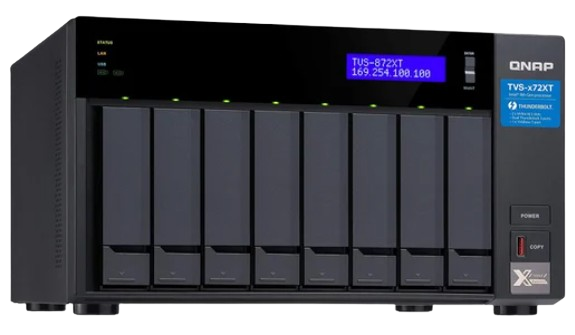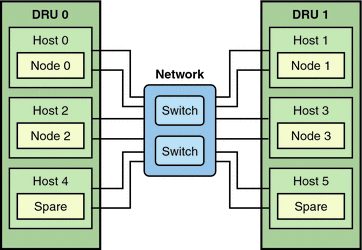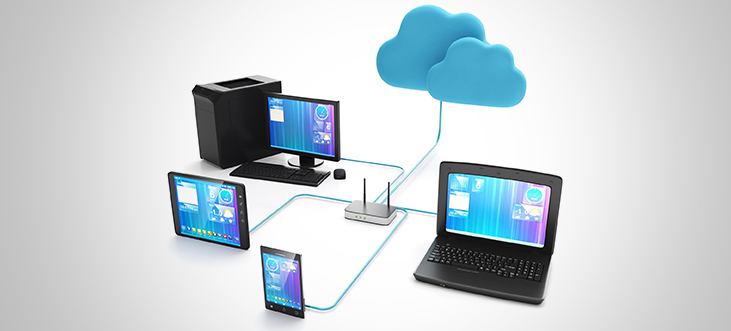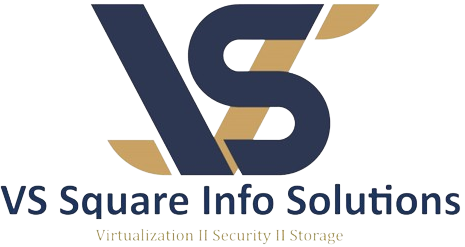NAS Storage
Network-Attached Storage
(NAS) is a specialized device or a storage solution that provides shared storage resources to a network of computers and other devices. It is a file-level data storage server that is connected to a local area network (LAN) or a wide area network (WAN). NAS devices are designed to be easily accessible by multiple users and can serve various purposes, including data backup, file sharing, media streaming, and more. Here are some key aspects of NAS storage:
File Storage: NAS primarily offers file-level storage, meaning it stores files and directories that can be accessed and managed by multiple users and devices on a network. It uses file protocols like SMB/CIFS (Windows file sharing), NFS (Network File System), and FTP (File Transfer Protocol) to enable file access.
Dedicated Hardware: NAS storage is often provided by dedicated hardware appliances, but it can also be implemented using standard servers or DIY solutions with specialized software. These devices typically come with their own operating systems and management interfaces.

Remote Access
Remote Access: Many NAS devices offer remote access capabilities, allowing users to access their data from outside the local network via the internet. This is useful for remote work, accessing files on the go, or sharing files with others.

Scalability
NAS solutions can be scaled by adding more storage drives or expanding existing ones. This scalability makes it suitable for both small home networks and large enterprise environments.

Data Redundancy
To ensure data availability and protection against drive failures, many NAS systems support RAID (Redundant Array of Independent Disks) configurations. RAID can mirror or stripe data across multiple hard drives, depending on the chosen RAID level.
Data Backup: NAS can serve as a central repository for data backup, allowing users to back up their files and system images to the NAS device. This helps protect against data loss due to hardware failures or accidental deletions.
Media Streaming: NAS devices are often used as media servers, enabling users to stream audio and video content to devices like smart TVs, media players, and game consoles.
Security: Security features such as user authentication, access controls, and encryption are important for protecting data stored on NAS devices, especially when they are accessible over the internet.
Application Support: Some NAS devices allow for the installation of additional applications, such as email servers, web servers, or content management systems, expanding their functionality beyond simple file storage.
Cost-Effective: NAS can be a cost-effective solution compared to traditional server-based storage, especially for small to medium-sized businesses and home users.
Popular NAS manufacturers include Synology, QNAP, Western Digital, among others. Choosing the right NAS solution depends on your specific needs, such as storage capacity, performance, features, and budget. NAS storage is a versatile and convenient way to centralize and manage data for both personal and business use.
